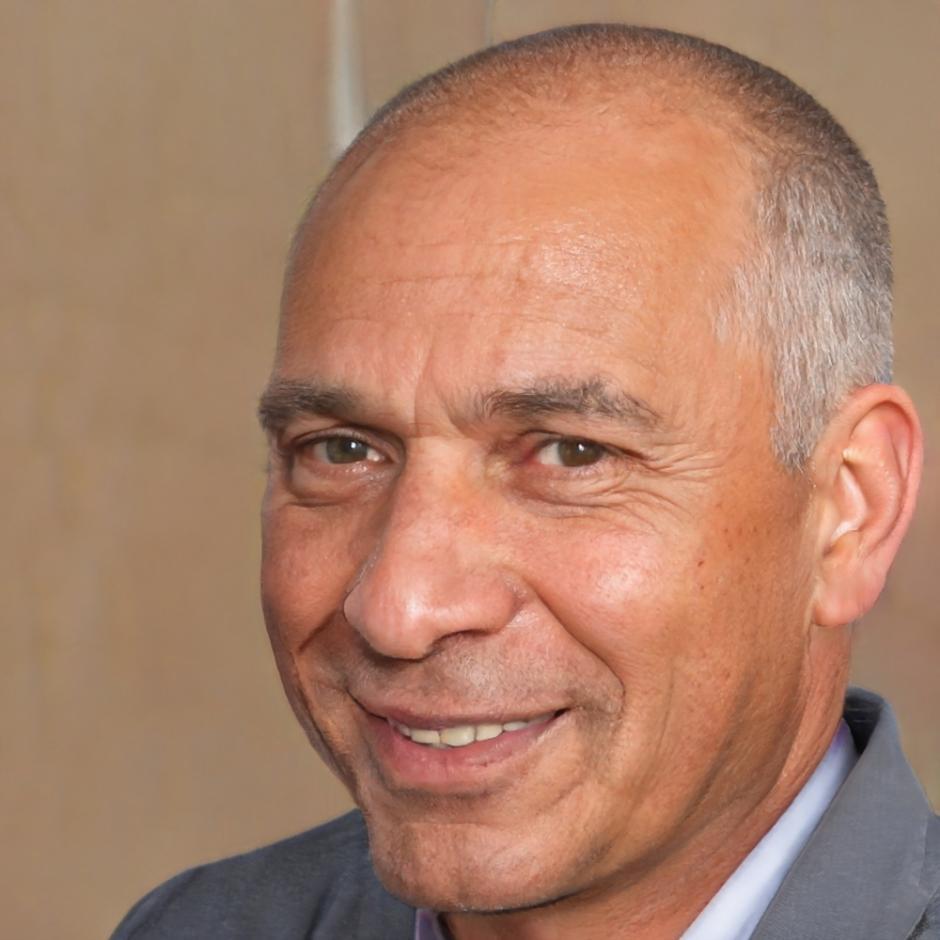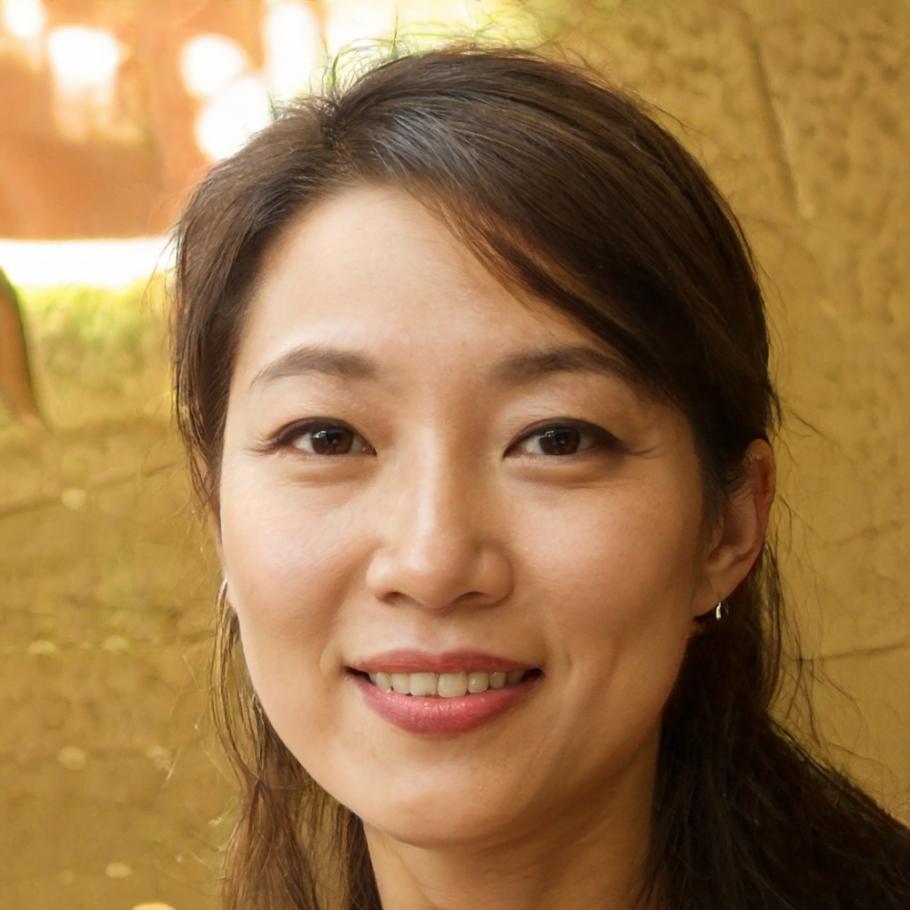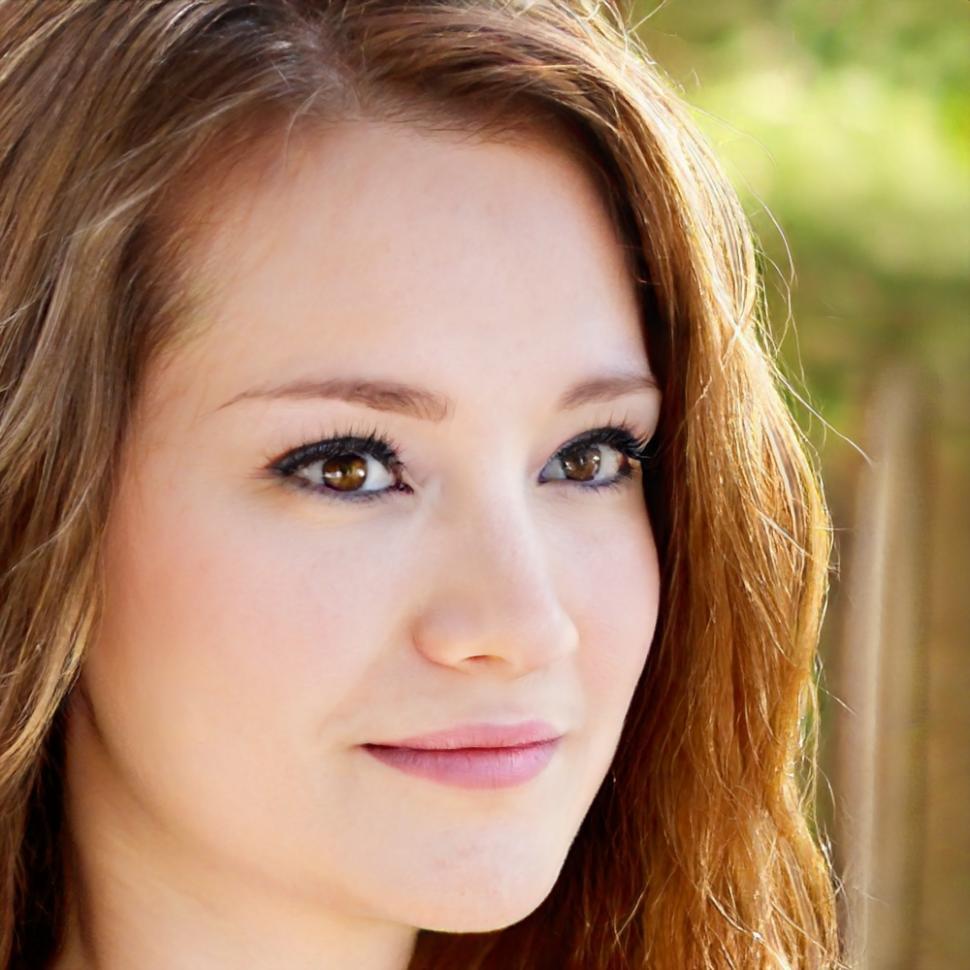Master Modern Game Development
Join our comprehensive program where experienced industry professionals guide you through real-world projects. Learn the skills that studios actually need, build a portfolio that opens doors, and connect with a community of passionate developers.




